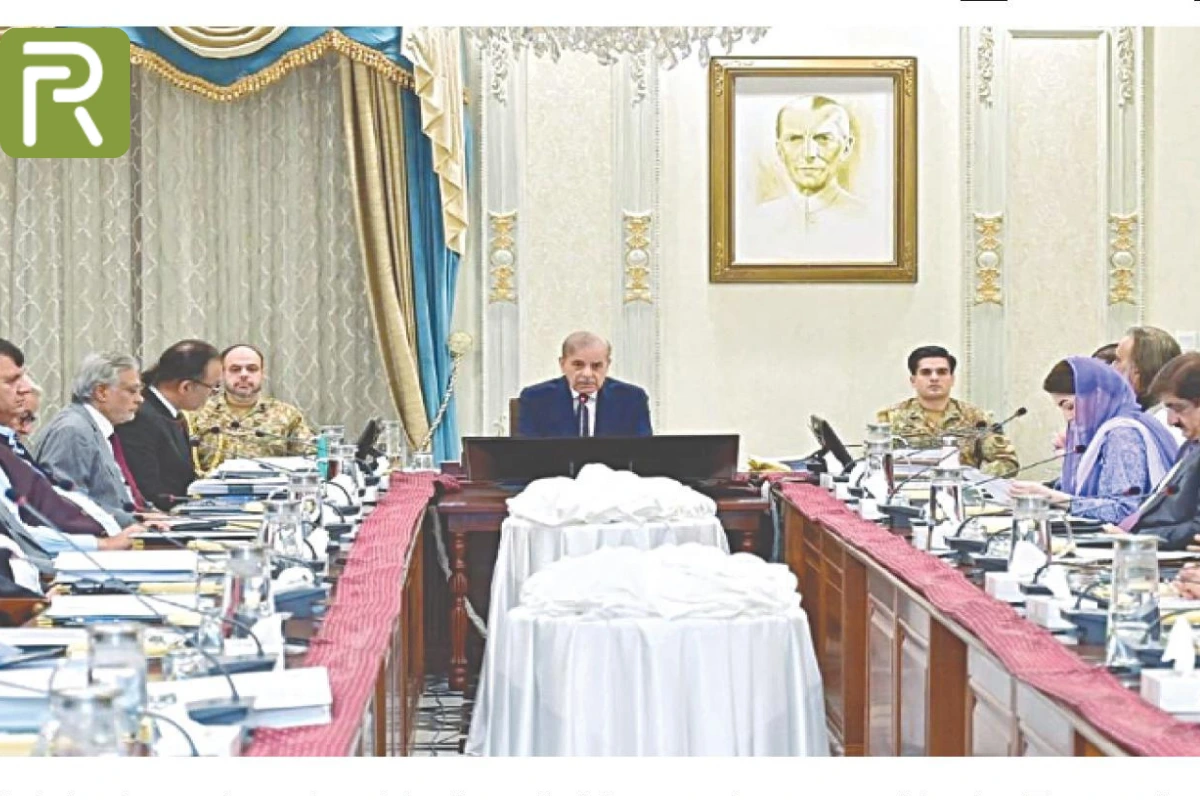The Council of Common Interests (CCI) has cancels canals project in a decisive move. This landmark verdict reshapes Pakistan’s inter-provincial water dynamics after weeks of escalating tensions. Sindh province emerged as the epicenter of protests, where communities feared ecological damage and unfair water distribution. The CCI’s emergency session on April 28 – moved up from its original May 2 date – resulted in unanimous agreement to halt the initiative. A newly formed technical committee will now conduct thorough reviews.
For Sindh’s political leadership, particularly the PPP, this represents a hard-won triumph. Their vigorous opposition as coalition partners ultimately prevailed. The controversy has reignited critical debates about Pakistan’s water governance framework, especially regarding the 1991 Water Accord and 2018 Water Policy. With the project shelved, attention turns to understanding the deeper motivations behind this cancellation and its potential ripple effects on agriculture and national water security.
As the dust settles on this cancellation, there are several important questions to be answered: What were the root reasons for this cancellation? How will it impact Pakistan’s agricultural economy and water security? And what checks are being put in place to prevent similar conflicts in future infrastructure projects? This in-depth analysis examines every aspect of this watershed moment in Pakistan’s water governance.
1. Why did CCI scrap the Canals Project?
CCI Canceled Canals Project Due to Provincial Disputes
The main cause of the CCI cancels canals project was the complete lack of consensus among Pakistan’s federating units. Sindh fiercely opposed the project as the downstream province. It argued the canals would threaten its water supply during crucial growing seasons. The PPP championed this resistance politically. It used its dual presence in federal and provincial governments to block progress. The deadlock became severe enough to risk toppling the coalition government. This forced the CCI to step in. Their intervention prevented worsening tensions between provinces.
Environmental Risks Forced CCI’s Decision
Environmental experts had raised a number of alarm bells about the potential environmental consequences of the project. Research also showed that redirecting the Indus’ course through new canals would destabilise delicate riverine ecosystems, imperil aquatic biodiversity, and reduce sedimentation crucial to the maintenance of deltaic regions. Agricultural economists warned that altered hydrological patterns in water availability may undermine food security in Sindh’s breadbaskets. These problems gained pace when international water management authorities endorsed the conservative viewpoint, arguing that Pakistan’s construction of water infrastructure must balance economic necessity and the needs of a green future in light of climate change.
Legal Hurdles Made CCI Cancel Canals Project
The CCI cancels canals project was gravely threatened by legal matters related to its adherence to prevailing water-sharing schemes. Constitutional experts highlighted potential violations of the conditions of the 1991 Water Accord provisions concerning equitable distribution to provinces. Secondly, questions arose as to whether the project’s approval process had adequately met the 2018 National Water Policy’s requirement for consensus-based decision-making. This legal ambiguity built a perfect storm, with the provincial governments flashing constitutional petitions if the project proceeded against their interest. The CCI’s preference for cancellation as against risking prolonged litigation is a reflection of growing awareness of constitutional sensitivities in water governance matters.
2. Effect of the CCI Canceling Canals Project
Political Consequences at Once
The cancellation has generated gigantic political waves across Pakistan’s political arena. For the PPP, it’s a phenomenal victory that strengthens its position as the champion of Sindh against alleged central incursion. Political elements in Punjab, however, have responded with dissatisfaction, arguing that the move places political expediency above national advancement. Analysts add that this event can reframe centre-province relations, and provinces in the future will demand greater control over mega-projects. The federal compromise in the face of provincial demands is a precedent that could reshape Pakistan’s federal dynamics, particularly the distribution of resources and infrastructure development in areas as sensitive as water and energy.
Economic Consequences
It is economically a mixed bag. Although it sidesteps future agricultural losses in Sindh worth billions annually, it also delays guaranteed irrigation benefits to dry tracts of land in Punjab and Khyber Pakhtunkhwa. The building industry incurs short-term delays, with planned investments of PKR 250+ billion temporarily on ice. Water economists nonetheless consider the shutdown allows more cost-benefit calculation, perhaps circumventing expensive errors. The establishment of the technical committee gives hope for a more economically viable solution, which will cover the interests of all provinces, but some investors are worried that prolonged uncertainty will deter future financing for Pakistan’s infrastructure in the water sector.
Social and Environmental Impacts
At the grassroots level, the step has relaxed tensions in Sindh’s agricultural communities, which had organised mass protests. Environmentalists celebrate this as a sustainable development win. However, critics warn delays may worsen future water shortages. The debate has spotlighted water rights issues. Civil society groups report growing public interest in water governance. The new technical committee enables science-based policymaking. This approach may prevent future conflicts through evidence, not politics.




